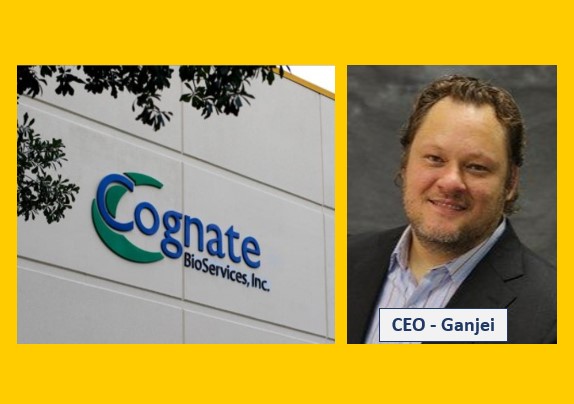While Cognate BioServices is a high quality economic development project, is anyone going to ask if a $52M corporate tax incentive is too much? After all, one can pay too much for a good thing. $52M is just too much.
Think about it. In 2007, without tax incentives, of all the places in the United States, Cognate Bioservices smartly chose Memphis for manufacturing. In addition to manufacturing, Cognate also lists Memphis as it’s “US logistics hub“. A unique geographical location is the reason many companies select Memphis as its logistics hub. But why Memphis for manufacturing as well?
Cognate Bioservices manufactures biological and medicinal products regulated by the United States Food and Drug Administration (FDA). This FDA document testifies to the need for high quality water in the manufacturing of biological and medicinal products. While I am far removed from being a science expert, I suspect that Cognate’s decision to locate a biological manufacturing facility in Memphis was based on the plentiful availability of high quality ground water.
IF the former is true, Memphis geography for Cognate’s distribution and high quality ground water for manufacturing is hard, if not an impossible value combination to beat. At the same time, its up to economic developers to extract that information from a project, in concert with a target industry strategy, to arrive at an appropriate tax incentive price for an economic development project.
Sadly, in Memphis, this economic development work does not seem to happen, with 75% tax abatements for all, while at times abating existing property taxes. This behavior has unfortunately created a market condition for excessive tax incentives, while undermining the tax base for a Memphis community in need.
Market Condition and Analysis
First, given local market conditions and what other far less desirable projects than Cognate have received, Cognate is more than deserving of a $52M tax incentive. But is the incentive too much when benchmarked against research? Yes it is.
In Cognate’s payment in lieu of taxes (PILOT) application, Cognate cited Baltimore and Dallas as alternative sites for their expansion project. If Cognate moved to Baltimore or Dallas, the cost alone would be huge, while additionally potentially sacrificing a high quality water resource with a natural filtration system in the Memphis sand aquifer. And moving to Baltimore would mean sacrificing a central geographic location when moving from Memphis.
If my suspicion is true about Cognate’s need for a high quality water source, I don’t think Cognate is going anywhere with or without an incentive. After all, they located and expanded in Memphis without any incentive whatsoever.
Again, it is the work of economic developers to mine this information in determining the price to be paid for economic development. But that work is not being done in Memphis, because economic developers are, in effect, financially fee incented to represent corporations instead of the taxpayer ! So what is the right price?
Incentive Sizing
Using an amplified version of Dr. Timothy Bartik’s incentive research, in favor of higher tax incentives for Memphis, and assuming that a high quality water source is not a variable in the project location, the maximum incentive that should be offered for this project is $39M. This makes the $52M incentive, $13M too much.
The $13M in excessive incentives, includes approximately $7M in already existing property tax abatements, that would appear to serve the interest of three landlords in Thompson Logistics, A.L. Dougherty and Exeter. History shows EDGE Board loves Exeter.
Unfortunately, excessive local tax incentives are proven to be an obstruction to competitive economic development outcomes, while undermining the tax base and public framework that supports local corporations and improving the quality of life. That is why corporations themselves should be against excessive incentives.
Cognate Ask
If Cognate voluntarily reduced their tax incentive, they would be a beacon of corporate community leadership in Memphis, while serving Cognate’s private interests. At the same time, given current market conditions and such an attractive project for the area, Cognate is deserving of the requested $52M incentive, which would arguably fall short in optimizing Cognate shareholder value.
Therefore, in order to serve the overall interest of Cognate, this blog requests Mr. J. Kelly Ganjei, CEO of Cognate, to please consider 1) reducing their requested incentive from 75% to 60% abatement thereby reducing their projected incentive by $13M or 2) removing the $15-17M in existing real property value from the incentive, while preserving the 75% tax abatement on new capital investment, which would reduce the projected incentive by approximately $7M.
If this was done, Cognate would be a heroes of corporate community leadership, while serving their private corporate interest. Its a win-win !

